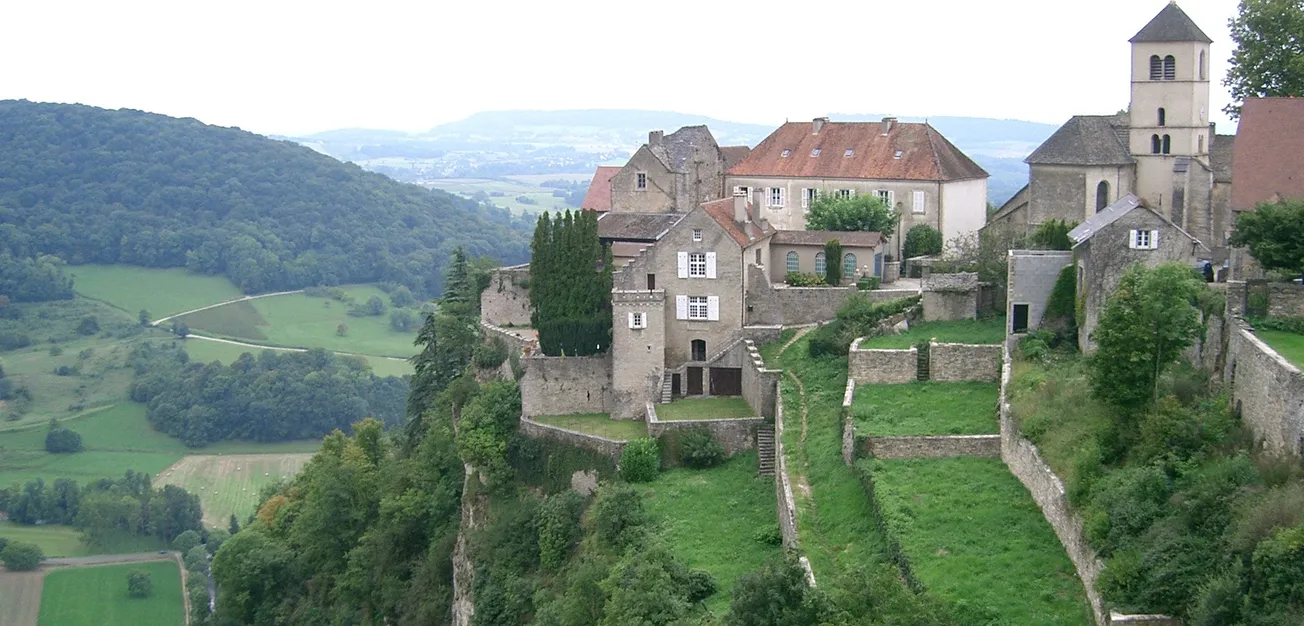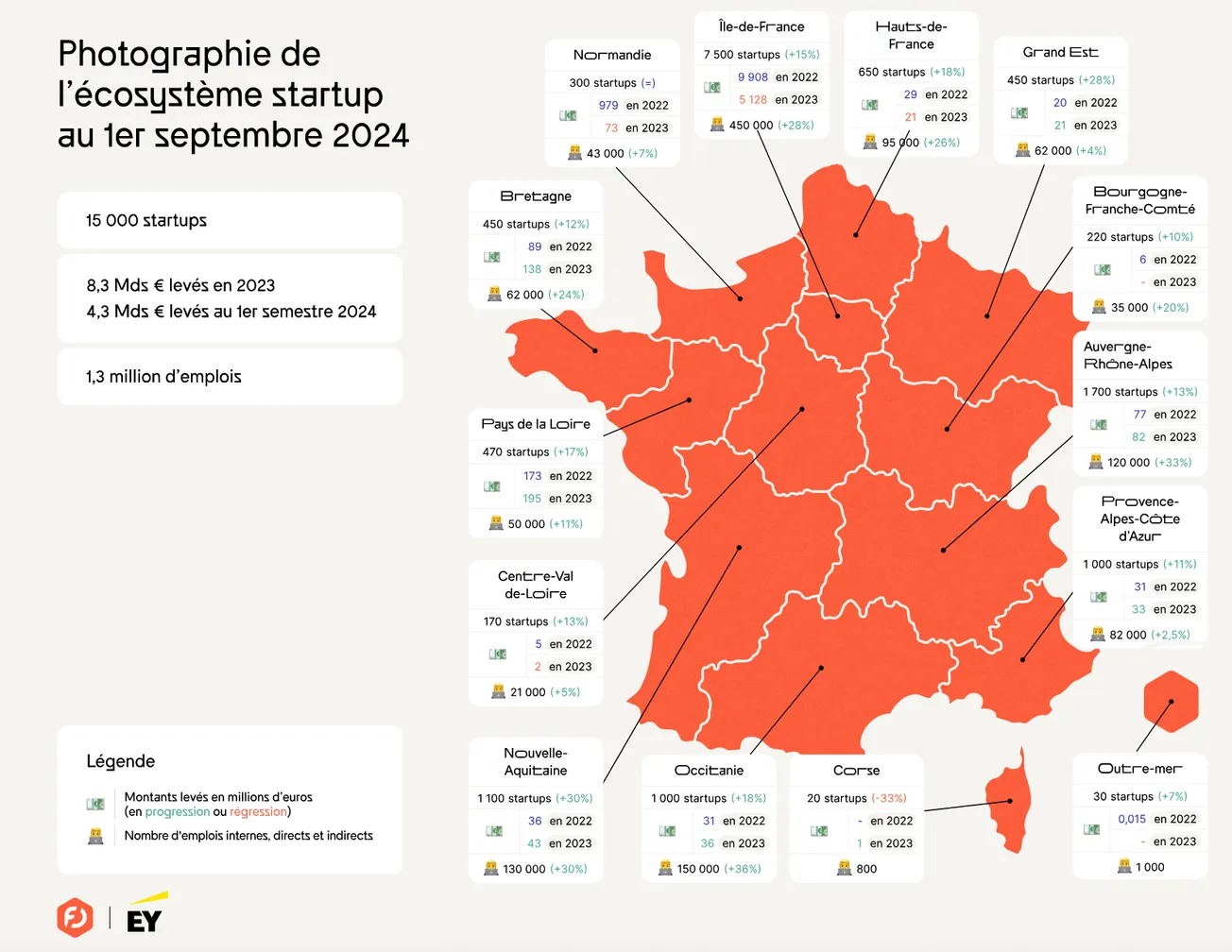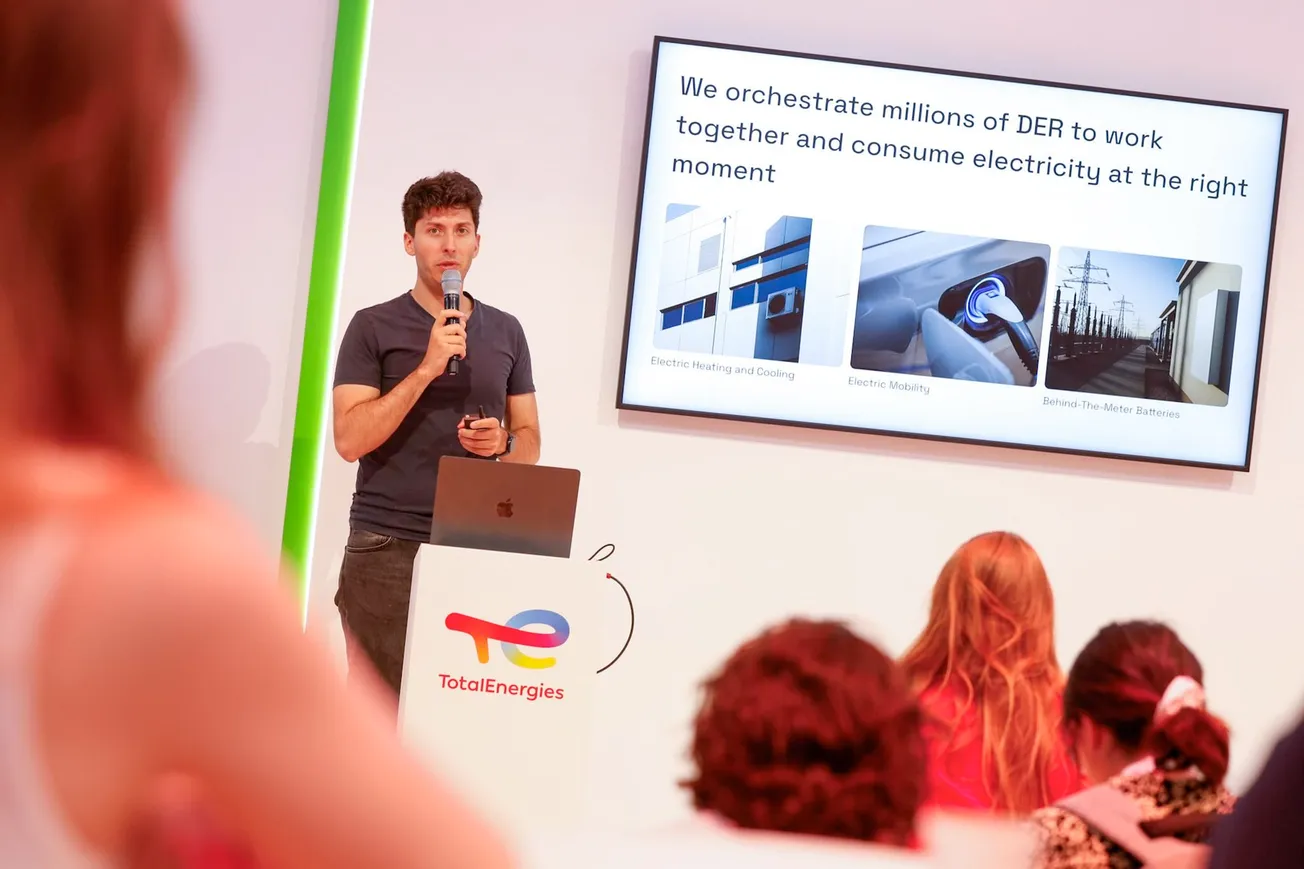Closing the broadband gap between cities and rural areas could test its commitment to “egalité.”
In the latest report on European broadband rates from the European Commission, released this week, France comes out looking just fine at first glance.
The annual report measures country-by-country the progress toward providing universal access to fixed and mobile broadband, starting at a minimum of 2 Mbps download speed. According to the EC, 217 million EU households (99.8%) had access to at least some type of broadband Internet. France is officially considered to have 100% broadband access by that measure.
But, the EU’s real goal is getting to what it calls Next Generation Access, or NGA, which it defines as download speeds of at least 30 Mbps. Across Europe, the number of households with NGA falls to 70.9%.
However, there is a wide range of NGA availability across Europe. And France is on the wrong end of that spectrum.
According to the report, out off 31 countries, there were just six below the European NGA average: Slovakia, Poland, Croatia, France, Italy, and Greece. France is actually third worst, with 44.8% NGA coverage, ahead only of Italy and Greece. If you are seeking to be a world leader in tech, Italy and Greece are not your best benchmarks.
But where the broadband story in France really gets grim is its rural community. Outside of its cities, France’s NGA falls to 23%, below the EU average of 28%. And the NGA range between the best and worst region is a chasm: from 6.6% in Guyane to 100% in Paris.

And yet, even that doesn’t quite capture how bad it is across the countryside. High-speed mobile coverage in rural areas only reaches 5.3% of all homes. That’s tiny compared to the EU average of 36.3%.
“France therefore remained one of the study countries with the lowest rural LTE coverage,” the report says.
So, what’s being done about all this?
The French government has its “Plan France Très Haut Débit” that was announced in 2013. The government is investing EUR 20 billion with a goal of covering all of France with NGA by 2022. How’s that going so far? Not so hot, according to the report: “Cable operators have not expanded their networks’ footprint in the last three years and it is thus possible to expect VDSL and FTTP technologies playing a much more important role in French NGA broadband composition in the near future.”
The controversial “Loi Macron” economic reform law passed last year contains some measures to encourage fiber-optic roll out in buildings. It also mandates that mobile operators have 2G networks (2G!) in underserved areas by the end of this year, and 3G/4G by next year.
There are, fortunately, some signs the broadband logjam is breaking. The country’s largest telecom operator, Orange has said it plans to triple investment in fiber rollout, hoping to connect another 16 million homes by 2022.
And just this week, perhaps by coincidence, the French Government announced a new program called “France Mobile.” Basically, it’s a platform to allow local officials in rural and underserved areas to directly report complaints from residents about poor or non-existent coverage by mobile networks. It can often be difficult for those local officials to know which carrier is responsible, or how to get a resolution.
The data gathered through France Mobile will also be used to direct co-investment from the national government to help expand coverage in the most problematic regions.
With the growing focus on stimulating the French Tech ecosystem, the government has often spoken admirably of wanting to be sure that it’s done in a way that lets all citizen share in the benefits of a digital economy.
“With smartphones and 4G, access to mobile telephony has become a fundamental issue of equality between the territories and access to innovative services for all residents,” said France’s digital minister Axelle Lemaire in a statement on France Mobile.
Many French are embracing revolutionary digital technologies. But making sure that broadband and high-speed mobile networks don’t create a greater digital divide among the French is going to put the country’s philosophy of “egalité” to the test.









